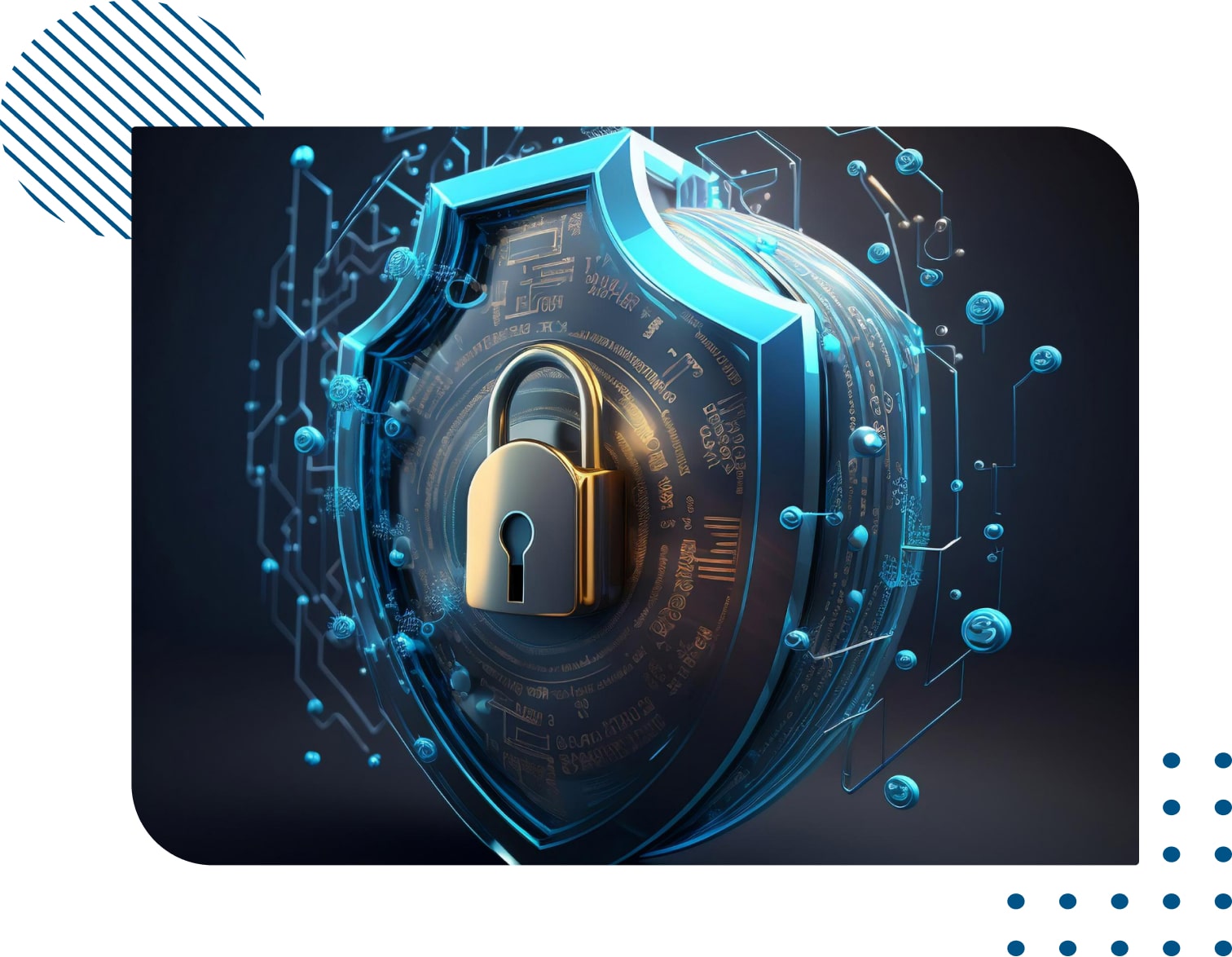Cybersecurity Training & Awareness
Join our knowledge community and contribute to raising awareness for a future free of cybercrime. Together, let’s work towards creating a world where cybercrime is eliminated.
We provide comprehensive training, industry-recognized certifications, and awareness programs to cultivate knowledgeable cybersecurity professionals.

By investing in cybersecurity training and awareness, you are making a valuable long-term commitment to the security and prosperity of your business. Our Cybersecurity Training and Awareness programs are tailored to address your organization’s unique requirements. Our seasoned trainers are well-versed in the most current cybersecurity trends, threats, and technologies, ensuring that they can provide engaging and interactive training sessions. This will empower your team to actively safeguard your business.
Why Cybersecurity Training and Awareness is important?
Recognizing the significance of cybersecurity training and awareness is crucial. Even with advanced security technologies and controls in place, determined cybercriminals can find ways to bypass them if employees are not well-informed and vigilant. By investing in cybersecurity training and awareness, organizations can mitigate the risk of security incidents and safeguard their valuable information and technology assets.
Cybersecurity training equips employees with the necessary knowledge and skills to identify and prevent security threats, including phishing attacks, malware infections, and social engineering attempts. It fosters an understanding of individual responsibilities in maintaining security and reinforces the importance of adhering to security policies and procedures. On the other hand, cybersecurity awareness aims to cultivate a security-conscious culture throughout the organization. It involves encouraging employees to stay vigilant regarding security risks and to promptly report any suspicious activities or potential threats. Raising awareness about the risks posed by cyber threats and promoting cybersecurity best practices helps create a culture that minimizes the likelihood of security incidents.
To ensure your team is well-prepared to address potential threats, we employ various training methods such as classroom sessions, online training, and simulations. Our training programs are designed to be engaging, interactive, and tailored to your organization’s specific needs. This approach guarantees that your team is fully equipped to tackle any cybersecurity challenges that may arise.
Our comprehensive range of cybersecurity programs covers various essential topics, including:
- Fundamental cybersecurity awareness training suitable for all employees
- Advanced training tailored for IT and security professionals
- Training on identifying and mitigating phishing and social engineering threats
- Compliance training to ensure adherence to regulatory requirements and industry standards
- Incident response planning and training sessions
In addition to our training programs, we provide continuous support and guidance to assist you in maintaining a robust enterprise security framework.
These topics cover a broad spectrum of cybersecurity training and awareness areas, providing a comprehensive foundation for a well-informed and vigilant workforce.
- Introduction to Cybersecurity: Understanding the basics of cybersecurity, its importance, and common threats.
- Password Security: Best practices for creating strong passwords, managing passwords securely, and utilizing password managers.
- Phishing Awareness: Identifying phishing emails, recognizing social engineering techniques, and avoiding phishing scams.
- Malware Detection and Prevention: Understanding different types of malware, recognizing signs of malware infection, and implementing preventive measures.
- Social Media and Online Privacy: Managing privacy settings on social media platforms, protecting personal information online, and recognizing privacy risks.
- Mobile Device Security: Securing smartphones, tablets, and other mobile devices, including app permissions, device encryption, and safe browsing practices.
- Wi-Fi Security: Understanding the risks of public Wi-Fi networks, implementing secure Wi-Fi practices, and using VPNs (Virtual Private Networks).
- Data Protection and Encryption: Safeguarding sensitive data through encryption methods, secure file transfer protocols, and data backup strategies.
- Secure Web Browsing: Recognizing and avoiding malicious websites, understanding secure browsing protocols (HTTPS), and utilizing browser security features.
- Email Security: Identifying suspicious email attachments, avoiding email scams, and implementing email security measures such as email filtering and encryption.
- Physical Security: Importance of physical security measures like locking devices, securing workstations, and preventing unauthorized access to sensitive areas.
- Social Engineering Awareness: Recognizing and resisting social engineering techniques used to manipulate individuals for unauthorized access or information.
- Incident Response and Reporting: Establishing incident response protocols, knowing how to report security incidents, and understanding the importance of timely reporting.
- Data Breach Prevention: Implementing measures to prevent data breaches, including secure file sharing practices, network monitoring, and user access controls.
- Compliance and Regulatory Requirements: Understanding industry-specific compliance standards, such as GDPR, HIPAA, PCI-DSS, and ensuring organizational adherence to these regulations.
- Secure Remote Work: Best practices for secure remote work, including VPN usage, secure file sharing, and secure communication tools.
- Cloud Security: Understanding cloud computing security risks, data protection in the cloud, and best practices for securing cloud environments.
- IoT Security: Securing Internet of Things (IoT) devices, understanding IoT vulnerabilities, and implementing measures to protect IoT networks.
- Employee Responsibilities and Accountability: Emphasizing individual responsibilities for cybersecurity, promoting a security-conscious culture, and fostering a sense of accountability.
- Emerging Threats and Trends: Staying updated on the latest cybersecurity threats, trends, and technologies to proactively adapt security measures.
These topics cover a broad spectrum of cybersecurity training and awareness areas, providing a comprehensive foundation for a well-informed and vigilant workforce.
Ready to get started?
Get in touch, or create an account
